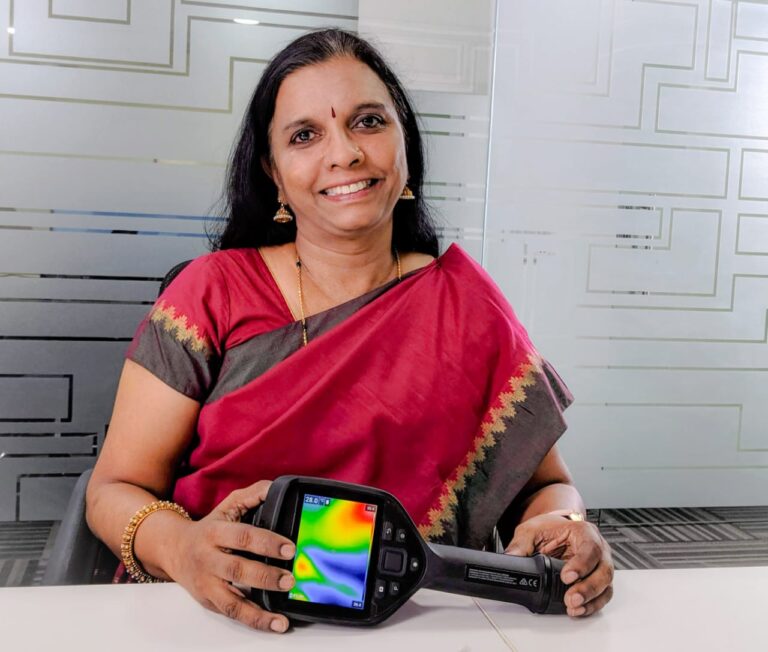The global health equity community is buzzing over this week’s published research finding that artificial intelligence (AI) applied to portable ultrasounds can accurately detect cancer and, therefore, has the powerful potential to enhance mass triage outcomes in historically underrepresented communities.
The premise of the study, published in Radiology this week, is that while early detection of breast cancer from regular screenings is relatively standard in Western countries, middle-income and low-income countries typically lack the resources, technologies and programs to offer wide-scale screening among their populace.
Moreover, as with many cancer types, breast cancer’s treatment success relates to timing of detection, with early findings resulting in higher rates of successful outcomes. Portable ultrasound scanners represent a high value solution for many reasons, including that they are low cost, can be used with minimal training of professionals, and can be interpreted remotely by AI software.
Health equity observers are watching this development very closely since it not only can enhance access and outcomes for breast cancer patients, but the AI software can similarly be applied to other health issues for which low cost access to screening in traditionally underrepresented communities is also at a premium.
This latest research publication can be accessed here.


